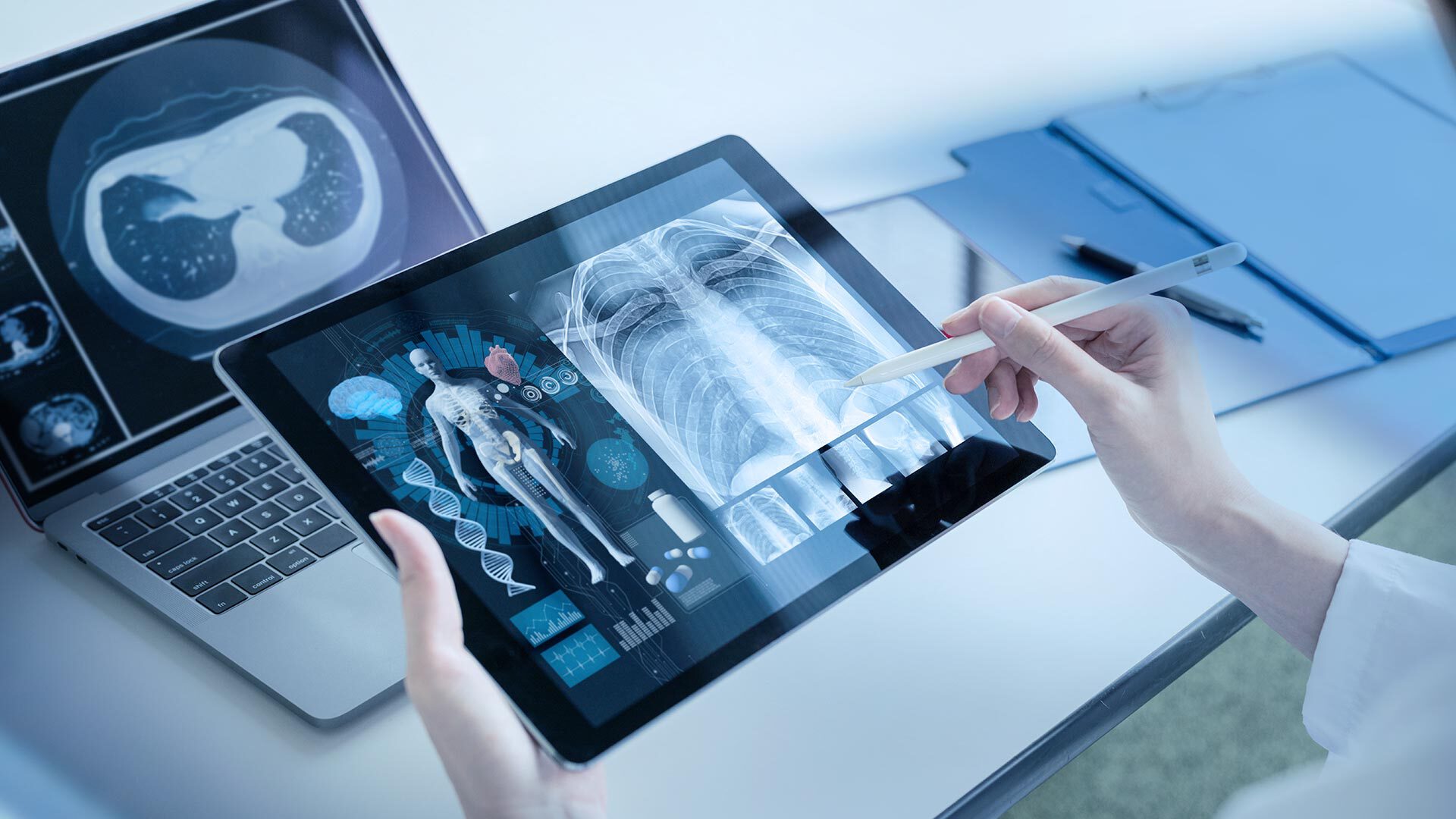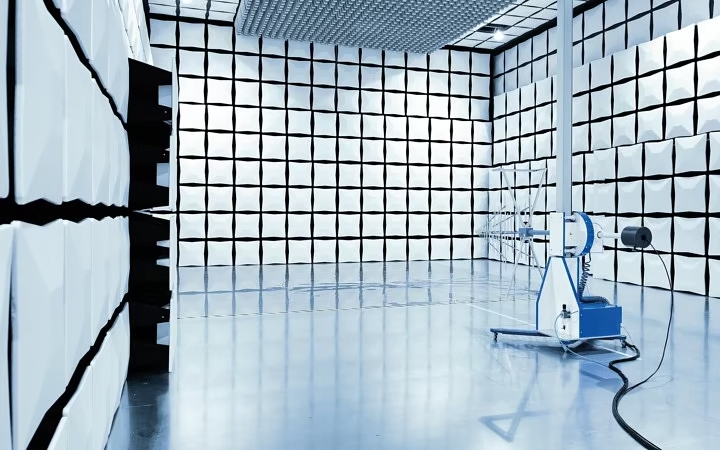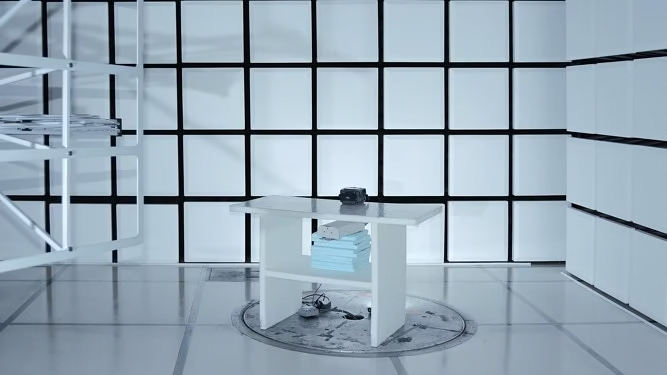Guideline EN/IEC 60601-1-2 Edition 4.1 – Electromagnetic compatibility (EMC) in medical technology

Table of content
Measured quantities and test parameters of EN/IEC 60601-1-2
EN/IEC 60601-1-2 describes specific test methods for measuring electromagnetic compatibility (EMC) and sets limits to ensure that medical devices function reliably and do not cause dangerous interference with other devices, such as communication systems or vital equipment. The most important measured variables and test parameters include:
- Immunity to electromagnetic fields: This measures how resistant a device is to external electromagnetic fields that can be generated by other sources in the environment.
- Emission of electromagnetic fields: This tests how much electromagnetic radiation the device itself generates and whether it exceeds the permissible limits.
- Discharges due to electrostatic charges (ESD): The standard tests how well a device resists electrostatic discharges that can be caused by the environment or the user.
- Voltage dips and interruptions: These tests measure how the device reacts to fluctuations in the power supply as they may occur in real applications.
Medical devices must pass these tests to ensure that they are not affected by electromagnetic interference and do not cause harmful interference. This is particularly important in hospitals and clinical environments where various electronic devices are operated in close proximity.
EN/IEC 60601-1-2 Edition 4.1 – Changes and updates
The current version of the standard, Edition 4.1, has been developed to respond to changing requirements in medical technology and new technological developments. This edition builds on the requirements of the previous Edition 4.0, but introduces several important clarifications and adjustments.
Differences between EN/IEC 60601-1-2 Edition 4.0 and Edition 4.1

The most important innovation in Edition 4.1 is the clarification and specification of requirements in order to facilitate implementation and compliance with the standard. Compared to Edition 4.0, no fundamentally new requirements have been added, but existing points have been further detailed. These include, among others:
- The conducted emission tests must be carried out at the maximum and minimum rated voltage of the device under test.
- Conducted RF coupling in accordance with EN 61000-4-6 must be applied to certain signal lines (SIP/SOP) with cable lengths > 1 m. Previously, this only applied to cable lengths > 3 m.
- Additional requirements for testing immunity to magnetic fields at close range (IEC 61000-4-39) have been added.
Conclusion
The EN/IEC 60601-1-2 standard, especially in its current edition 4.1, plays a central role in ensuring the electromagnetic compatibility of medical devices. The changes and clarifications in the new edition help to ensure that the EMC requirements are better understood, applied and can function without interference in changed situations in the medical environment.  The update to Edition 4.1 provides manufacturers with clearer guidelines and an improved basis for evaluating the EMC of their products – an essential step towards ensuring the safety and reliability of modern medical technology in various environments.
The update to Edition 4.1 provides manufacturers with clearer guidelines and an improved basis for evaluating the EMC of their products – an essential step towards ensuring the safety and reliability of modern medical technology in various environments.
The adaptations of Edition 4.1 compared to 4.0 are primarily aimed at a more precise definition and interpretation of existing requirements, but without introducing completely new requirements. This offers manufacturers the opportunity to continue developing their products on the basis of the existing principles, but with clearer guidelines for compliance with the standard.
EMC tests for medical devices at cetecom advanced
Our EMC laboratories in Saarbrücken and Essen are accredited by the German Accreditation Body (DAkkS) with the involvement of the Central Office of the Federal States for Health Protection with regard to Medicinal Products and Medical Devices (ZLG) to carry out EMC tests for medical devices. We offer accredited EMC testing services for electrical medical devices in accordance with EN/IEC 60601-1-2. However, our range of services does not end here. We also offer EMC testing for medical devices in accordance with other standards and directives:
- Standard EN/IEC 60118-13
- Standard EN/IEC 61326-2-6
In addition, we also carry out accredited electrical safety tests on medical devices and are an accredited test laboratory for the CB Scheme (CB Report) in electrical safety and EMC. As a partner test laboratory (PTL), we can also offer NRTL certifications via our network.







